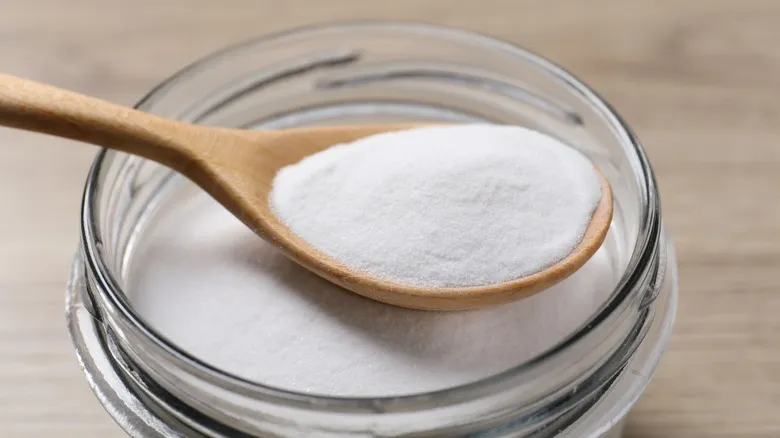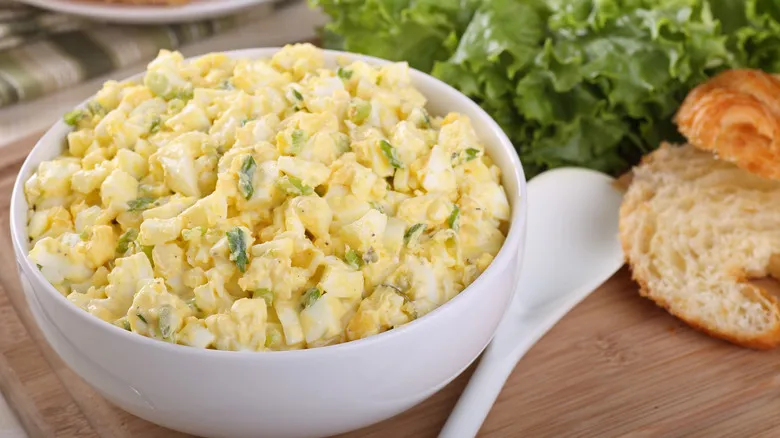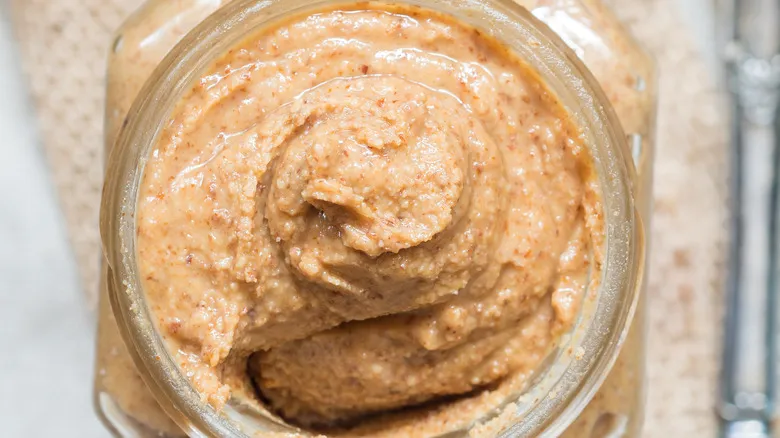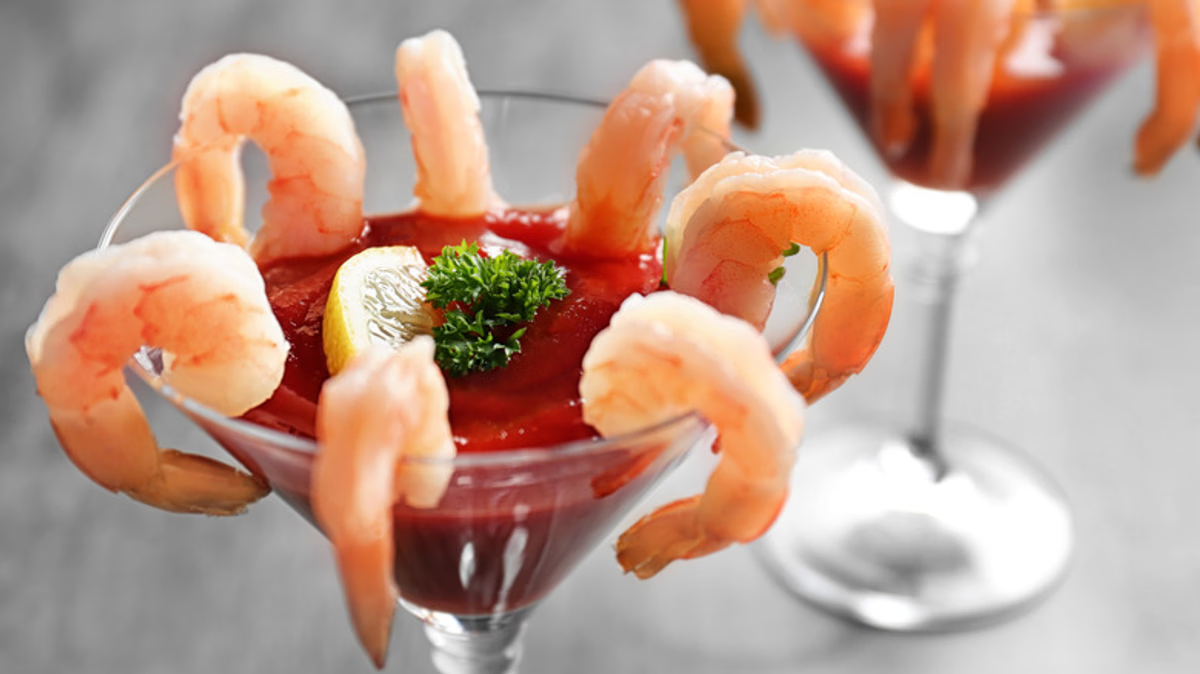There may be ways to clean with baking soda
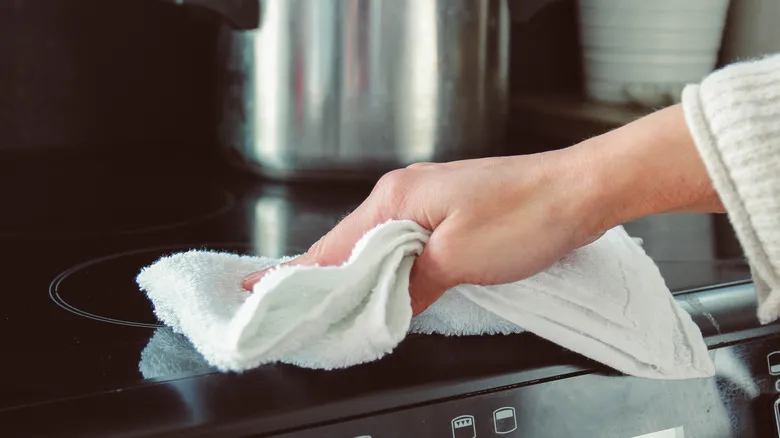
While it is generally advisable to steer clear of using baking soda on your ceramic stovetop, there are some important considerations regarding this cleaning method. For instance, if you simply apply baking soda to the cooktop and wipe it off without scrubbing, it is unlikely to cause abrasions. The potential for scratches arises primarily during the scrubbing process. Additionally, combining baking soda with vinegar may reduce the risk of abrasions, as the solid powder will dissolve in the liquid. This mixture serves as an effective all-purpose cleaner, suitable for more than just your stove.
If you prefer to avoid baking soda altogether, there are numerous alternatives available. Regular dish soap mixed with water is safe to use, as is vinegar (though it may need to be diluted). There are also specialized cleaners designed specifically for ceramic cooktops, although they may come at a higher price. Regardless of the method you choose, it’s important to be gentle. Using abrasive materials like scouring pads or steel wool significantly increases the likelihood of damage.
While baking soda can be acceptable for your stovetop when used correctly, it’s wise to explore other cleaning options. If you’re uncertain, consult the manufacturer’s guidelines for the best cleaning practices for your ceramic surface.
Recommended
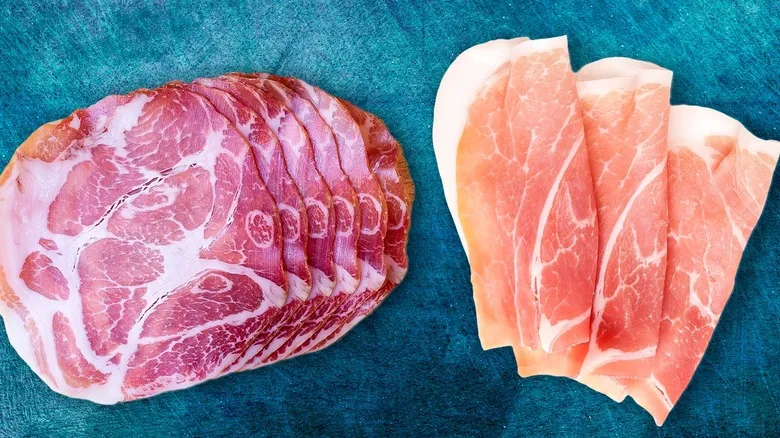
What Is Capicola, And How Does It Stack Up To Prosciutto?
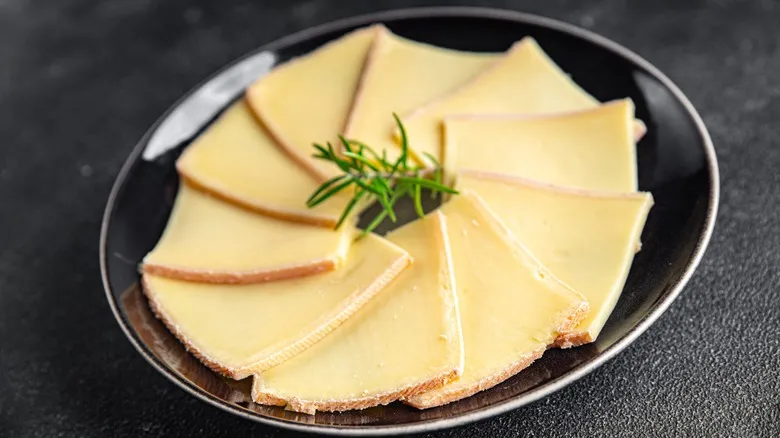
What's The Best Substitute For Raclette Cheese?
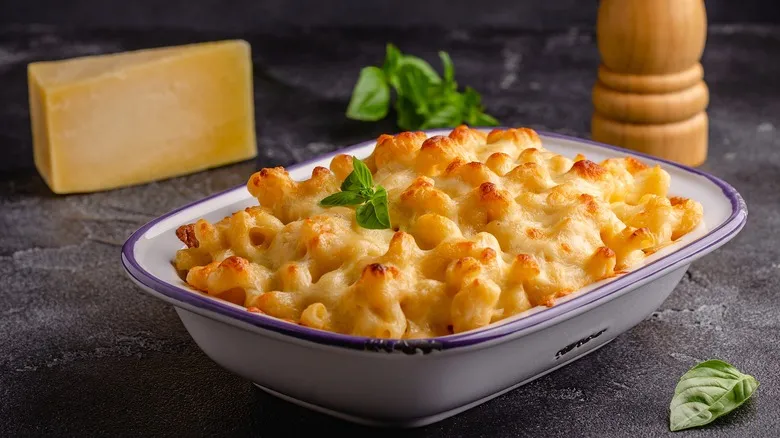
The 2-Ingredient Mac And Cheese Sauce That Will Save You Time At The Stove

Bring A Smoky Essence Into Your BLT And Grill The Bacon
Next up

